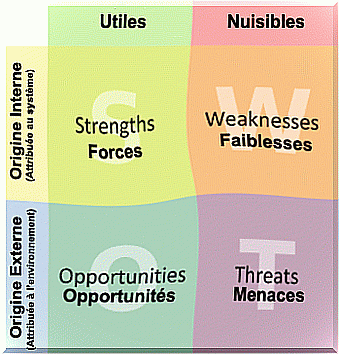Why Do We Always Have To Remember What Made Us Triumph?

What if we only remember our successes? What if we forgot how far we have come? We would have a hard time repeating the strategies that made us triumph. We would forget that it is consistency that has brought us so far and, above all, that we ourselves, with our efforts, have succeeded in doing all this. It is therefore essential to remember what made us triumph.
How did I get there? We can surely identify with ease the points of our personality that we should improve or work on, that is, those which we do not like or which are problematic for us. But, what if we asked you now what is the characteristic that makes you stronger, more special and makes you be yourself? Try to answer this question. Is it easier than identifying what you dislike the most about yourself?
It is important to remember what makes us triumph because, thanks to this, we can see what are the characteristics that define us when we face new challenges. We can dissociate the path and see at what level we are failing. It helps us work on the points that are not performing as well as we would like. We can also ask for help from those who have already reached out to us in a difficult time and have confidence in ourselves. If we have already succeeded once, why not twice?

The SWOT: a precious tool to remember what makes us triumph
The SWOT is a tool that allows you to analyze reality on an objective level. It takes internal and external aspects into account and assesses their strengths and weaknesses. In principle, this strategy was created for companies and for managers so that they can analyze the market and workstations more effectively. But why couldn’t we analyze our personality and our abilities based on the same model?
The name of this technique comes from its four components: Strengths , Weaknesses , Opportunities , Threats . The strengths and weaknesses are internal aspects of each and the other two elements, external fields. Now let’s analyze each of these points.
The components of the SWOT
- Strengths: this point requires introspection to analyze and be aware of our strengths. Why can I be someone special? What makes me different from others? For example, when it comes to finding solutions, creativity will allow us to discover new ways of carrying out certain actions, ways that will test our will less.
- Weaknesses: they refer to internal aspects that need to be worked on, which are sources of stress or problems, to things that everyone wants to improve. Ultimately, these are the barriers that we must resolve and overcome. An example of weaknesses related to the internal characteristics of the person could be: a lack of willpower, low tolerance for frustration, inability to speak in public, etc.
- Opportunities: here we analyze the external aspects that we can use to strengthen the strengths or improve the weaknesses. In other words, these are the resources that we can use to develop our personal construction. For example, signing up for a public speaking class, buying a DVD with sports exercises to do at home, choosing a more balanced diet, etc.
- Threats: this last point refers to the external aspects that affect our personality, our context or our development. These aspects constitute a danger. We must therefore evaluate them and take them into account when acquiring the resources (opportunities) that allow us to face them. For example, if we are going to have to speak in public and know that we are having trouble doing so, we can better prepare our presentation.

Good analysis makes us more powerful
SWOT analysis has been shown to be very effective in its practical application. As we have seen, it can be applied to an entire organization. However, it is just as effective when we apply it in a personal way to put our agenda in order. In addition, it is a tool that we can use partially or by going deeper into each of the points that it cites at different levels. In fact, it leaves us a great deal of autonomy to be creative and adapt it to our needs.
This methodology makes us more powerful because it characterizes our traits, whether they are strengths or weaknesses and whether we like them or not. If we know who we are, what we would like to become and what resources we have, we will be ready for a fascinating task. One of creating a path to the point we want and the way we want it to be.










